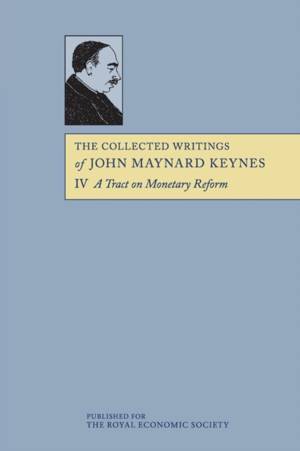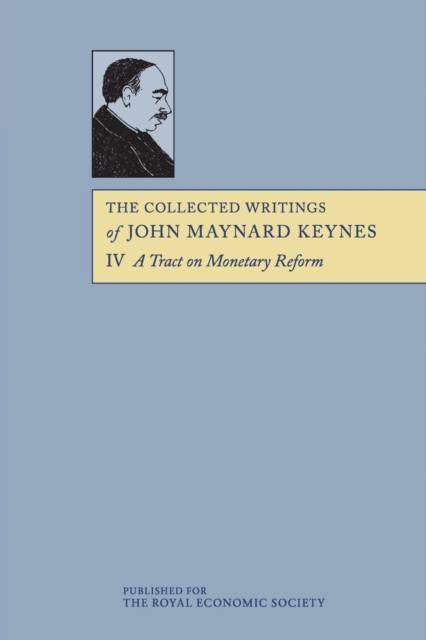
- Afhalen na 1 uur in een winkel met voorraad
- Gratis thuislevering in België vanaf € 30
- Ruim aanbod met 7 miljoen producten
- Afhalen na 1 uur in een winkel met voorraad
- Gratis thuislevering in België vanaf € 30
- Ruim aanbod met 7 miljoen producten
Zoeken
Omschrijving
Once the urgent problems of reparations, which had deeply troubled Keynes at the Peace Conference at Versailles, were on their way towards solution, Keynes turned to the equally grave problems of the currencies of Europe and their adjustment to the post-war world. These issues had been discussed in the series of Reconstruction Supplements of the Manchester Guardian Commercial that he had edited during 1922. In the Tract Keynes drew heavily on his own contributions to that series. This edition makes available the variations between the texts. The Tract remains of interest in three respects. First, it shows the state of Keynes's thinking about monetary problems and the causes of inflation in the early 1920s. Second, it provides one of the clearest expositions ever written of the determination of forward exchange rates. Third, it shows Keynes already favouring flexible exchange rates as a means of allowing independence in national economic policy.
Specificaties
Betrokkenen
- Auteur(s):
- Uitgeverij:
Inhoud
- Aantal bladzijden:
- 198
- Taal:
- Engels
- Reeks:
Eigenschappen
- Productcode (EAN):
- 9781107610309
- Verschijningsdatum:
- 17/12/2012
- Uitvoering:
- Paperback
- Formaat:
- Trade paperback (VS)
- Afmetingen:
- 155 mm x 231 mm
- Gewicht:
- 340 g

Alleen bij Standaard Boekhandel
+ 109 punten op je klantenkaart van Standaard Boekhandel
Beoordelingen
We publiceren alleen reviews die voldoen aan de voorwaarden voor reviews. Bekijk onze voorwaarden voor reviews.











